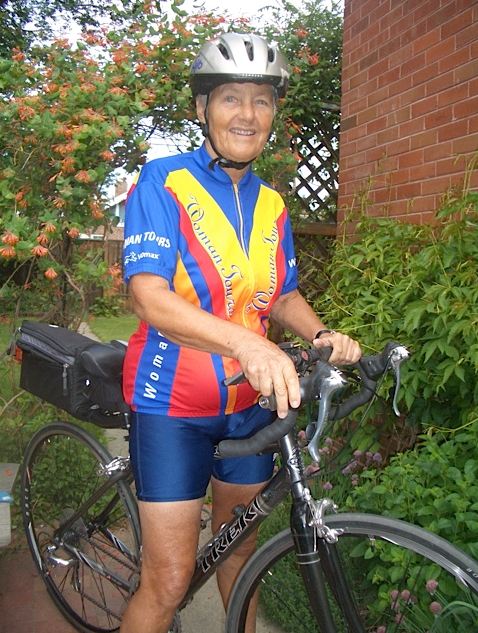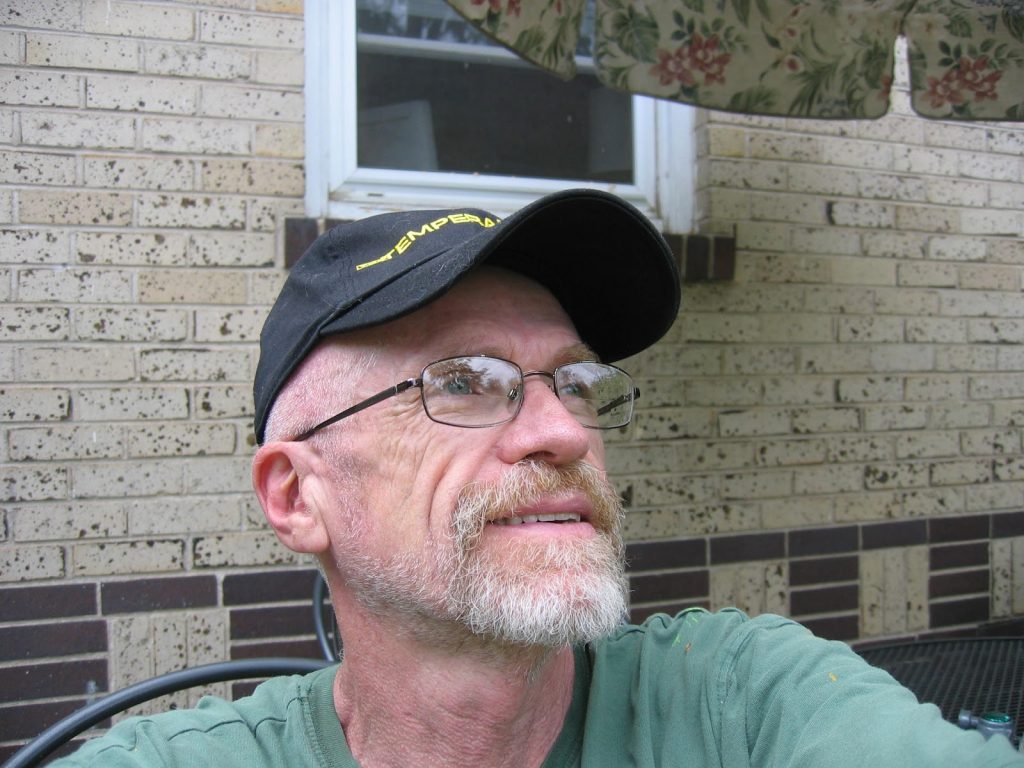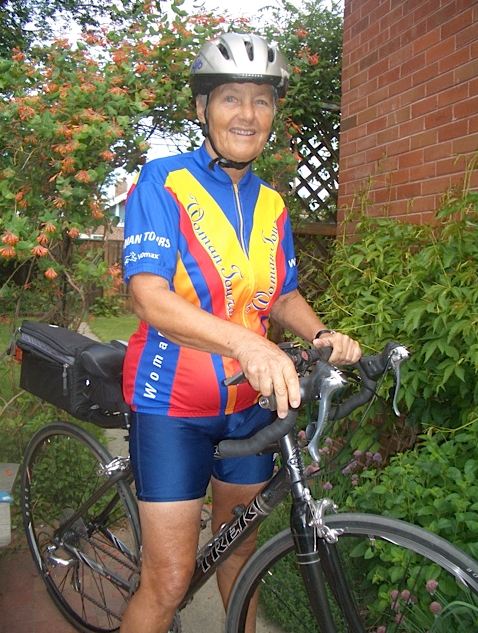If there is nothing else that I have learned over the years, I have learned this: be present and focus on the moment, the RIGHT NOW, because it really is all there is. It is all that we have in reality. The past is made up of memories, and memories are, after all, a product of one’s mind. As for the future: it is unknown and thoughts of the future are also a product of the mind.
We have a whole lot of ”right nows” happening all the time in succession. By the time I read this, what I am doing right now will be a memory; that is, a vision I create in my mind.
Right now is the most important time of my life. When I contemplate this I realize that right now IS all that is real. So why not make the most of it.
In a recent Monday afternoon story called My Favorite Place I wrote: my favorite place is wherever I am at the moment. Right now my favorite place is here, trying to sort out my thoughts and put them down on paper so you all can get some understanding of what I am trying to say.
Have you ever been in a place where you wanted desperately to capture the moment and make it last forever, such as a place of indescribable beauty and awe such as the Grand Canyon or Niagara Falls. Today’s cameras help to do that and make it possible to take home a reminder of that place. But what I cannot take home with me is how it FELT to experience the incredible beauty of the canyon and that awesome power of the falls. The memory is not the same as the experience itself. EkhartTolle speaks of being at one with the universe. Surrounded by incredible natural beauty and power and really taking in the feeling and the peace that it engenders is perhaps the closest I will ever be in my current human form to that connection. This can only happen in the right now.
How many of us have ever completely tormented ourselves over something that happened in the past–a few minutes ago or long ago. Or something bad happens a few minutes ago or long ago and we cannot let go of it. We go over and over and over it in our minds. Both past and future are constructs of the mind, says Tolle. Only the now is real. I like the concept. But yet being human I am flawed. My fragile ego was injured, for example, when I was inadvertently left off a groups’ luncheon e-mail list. A group of which I am a long time member. Did someone deliberately forget me. So I started in with the tapes going round and round in my head. “Why was I ignored? Who did it? Does someone hate me? Why does she hate me? Oh! For Heaven’s sake, Betsy, let it go. It was a simple mistake.” Focusing on the right now has helped me to better manage my vulnerability in such situations. Keeps me grounded in reality.
We all have known people who “live” in the past or “live”” in the future. I can understand how a person could fall into this behavior. When I retired from my job, for an instant I panicked. “ Who will I be? Maybe I will no longer have an identity. I’ll be a nothing,” etc. etc. Fortunately that thought was only fleeting. I immediately shifted gears, found other activities and interests, and established a new identity as an active retired person–a sports enthusiast, a community volunteer, etc. So for me, adjustment to retirement took only a week or so.
Coming out of the closet I had many moments of doubt about what I was doing at the time. I had left a very comfortable marriage and entered a world of insecurities and unfamiliar territory. I had never really lived alone. At the time it was not easy to find, much less join, a community of which I knew little; and on occasion finding members of that community with whom I could hardly relate. This produced moments of anxiety when I longed for my old familiar, comfortable situation I had left–my old, familiar past. But right now, I then said to myself, I know that past was intolerable and that is why I am doing this. I struggled but coached myself to stay grounded in the present.
During the months and years when I was in that marriage but starting to question whether I should be there, I started living in the future. Talk about having your head in the clouds–imagining what it would be like to be in a relationship with a woman and envisioning life as a lesbian. It seems clear that we all need to plan and to dream at times in our lives. But living one’s life and identifying with the future all the time can be dangerous. Would it not be terrifying to wake up one day and realize you’ve missed out on all the right nows and there are none left.
We do get ourselves into trouble, and we do ourselves a disservice when we anticipate not only that a certain something will happen in the future, but also we envision how we will feel about it. We may be setting ourselves up for disappointment or disillusionment.
When I first came out I had much to learn about life and about people. And that is not because I was young. Well, compared to now I was young. But I was not a youngster. I was in my late forties. Yet I had lots to learn. So I experienced a couple of stormy years and stormy relationships and had many moments of doubt about the steps I had taken to change my life. Yes, I was a lesbian, but was this the life I wanted? At first I had many moments of disillusionment with my new life.
The future is not right now. What we think about the future is a contrivance of our thinking mind and not a reality. Does the future therefore deserve any of our energy in the form of anxiety, concern, worry, trepidation. Or on the positive side does it deserve premature visions of happiness, joy, calm, peace, etc. I do believe it does to some extent. Half the fun of a trip, or a party is the planning of it, right? For me it is. And planning for the future is a necessity, no doubt about it. But planning is a useful action done, when? In the right now. What does not deserve our time and energy is wasted worry and anxiety about the future.
In my dotage I am learning that life requires adjustments, sometimes just fine tuning, other times big changes all along the way. I have recently learned that I am having to cut back on many activities that I don’t want to cut back on. Some fine tuning is necessary. If I stick to the right nows, I should be able to make that adjustment easily and positively. I’m finding that being and staying in the right now helps me to do that. No doubt about it. The NOW is a good place to be.
So, what am I doing right now? I am getting ready for another right now.
December 16, 2013
About the Author
Betsy has been active in the GLBT community including PFLAG, the Denver women’s chorus, OLOC (Old Lesbians Organizing for Change). She has been retired from the Human Services field for about 15 years. Since her retirement, her major activities include tennis, camping, traveling, teaching skiing as a volunteer instructor with National Sports Center for the Disabled, and learning. Betsy came out as a lesbian after 25 years of marriage. She has a close relationship with her three children and enjoys spending time with her four grandchildren. Betsy says her greatest and most meaningful enjoyment comes from sharing her life with her partner of 25 years, Gillian Edwards.









